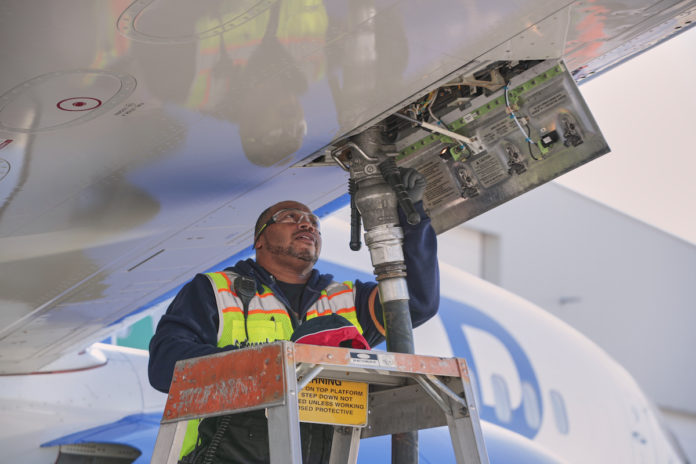
Airline industry group the International Air Transport Association (IATA) has called on governments to “urgently” put in place large-scale incentives to aid the rapid expansion of sustainable aviation fuels (SAF) usage by airlines.
IATA member airlines, last year, collectively agreed to commit to achieving net zero emissions by 2050 – a decision which brought the aviation industry in line with the Paris Agreement’s goals. But, achieving net zero emissions will be a huge challenge, as the expected scale of the airline industry by 2050 will require the mitigation of 1.8 gigatons of carbon.
To provide the right set of consistent policies and long-term stability needed for investments, the aviation industry is calling on all governments to support the adoption of a long term climate goal for air transport at the 41st Assembly of the International Civil Aviation Organisation (ICAO) this September, aligned with industry commitments.
IATA said this climate goal is critical to back up the industry’s decarbonisation ambitions and would provide a global multilateral framework for action without distorting competition.
“Governments don’t need to invent a playbook. Incentives to transition electricity production to renewable sources like solar or wind worked,” said IATA director general Willie Walsh.

“As a result, clean energy solutions are now cheap and widely available. With similar incentives for SAF, we could see 30 billion litres available by 2030. Though still far from where we need to be, it would be a clear tipping point towards our net zero ambition of ample SAF quantities at affordable prices,” Mr Walsh said at IATA’s annual general meeting in Doha.




